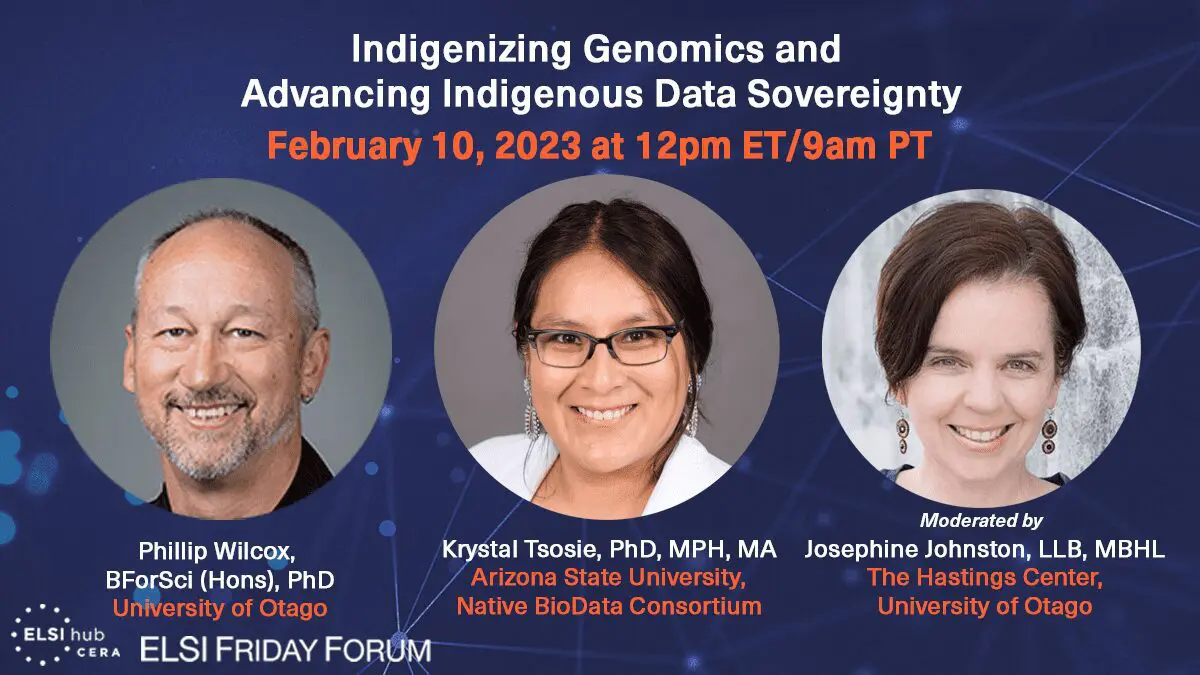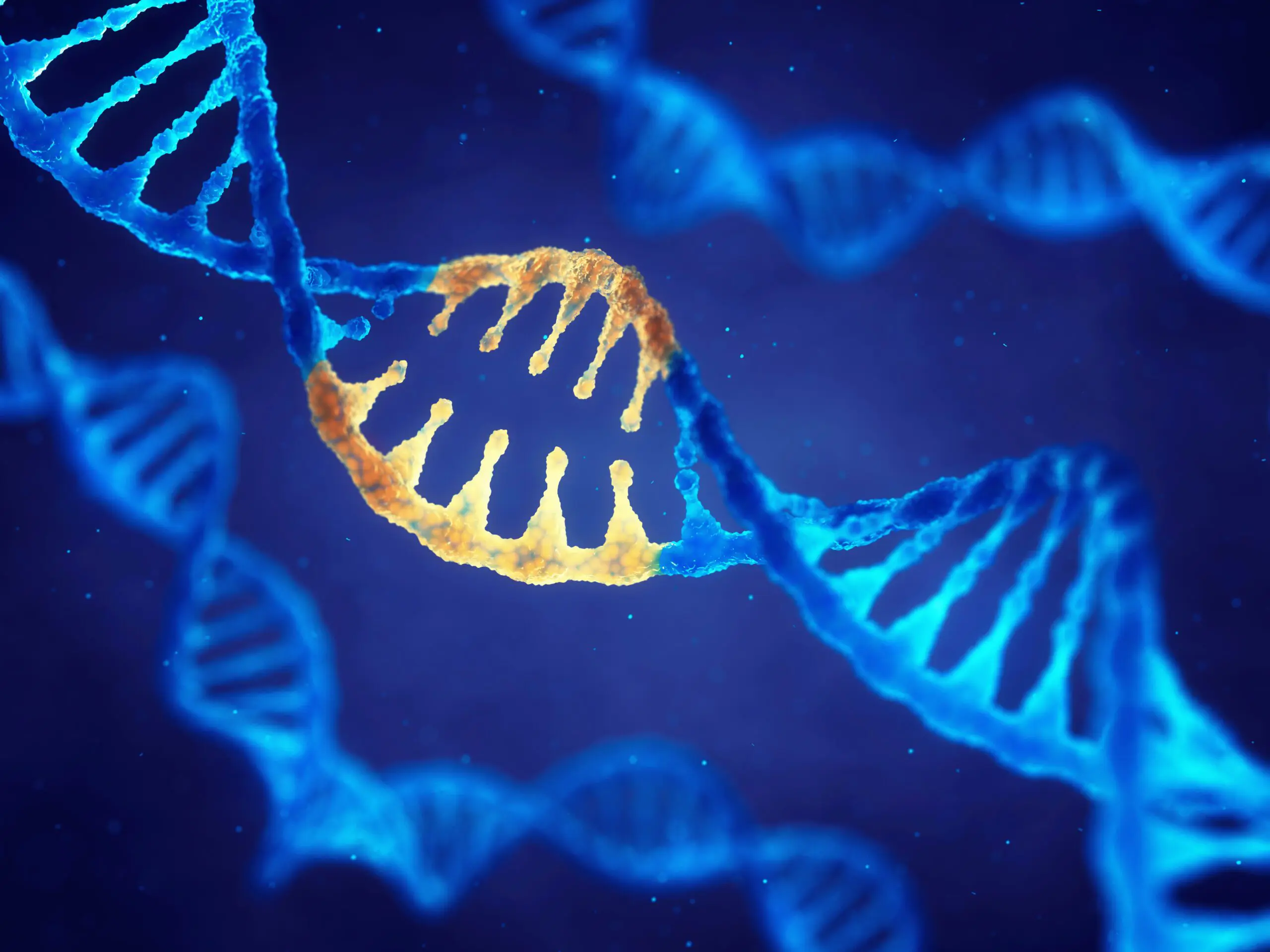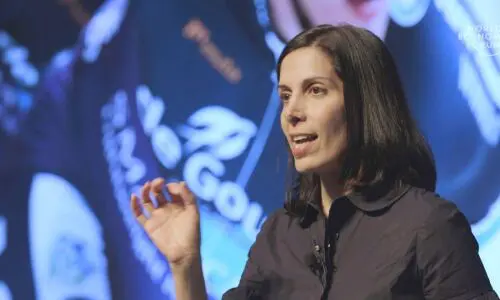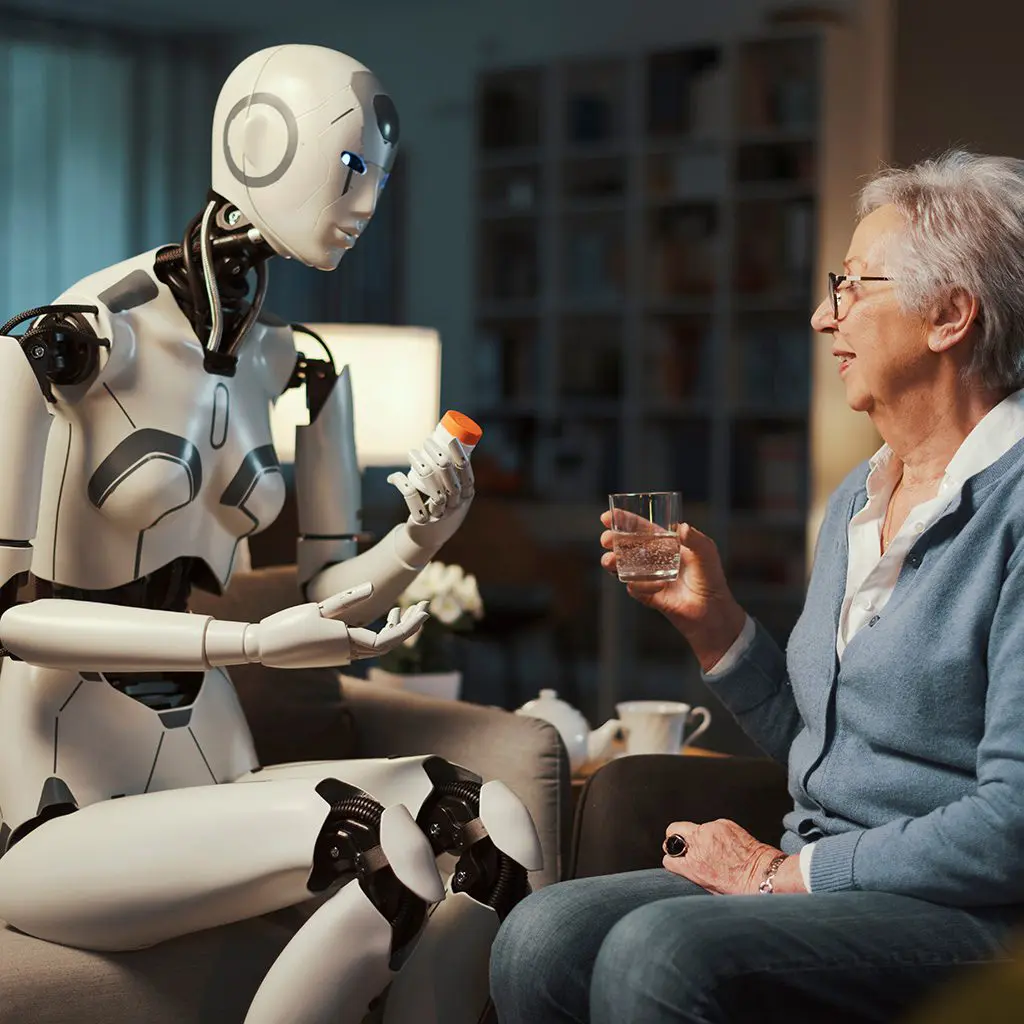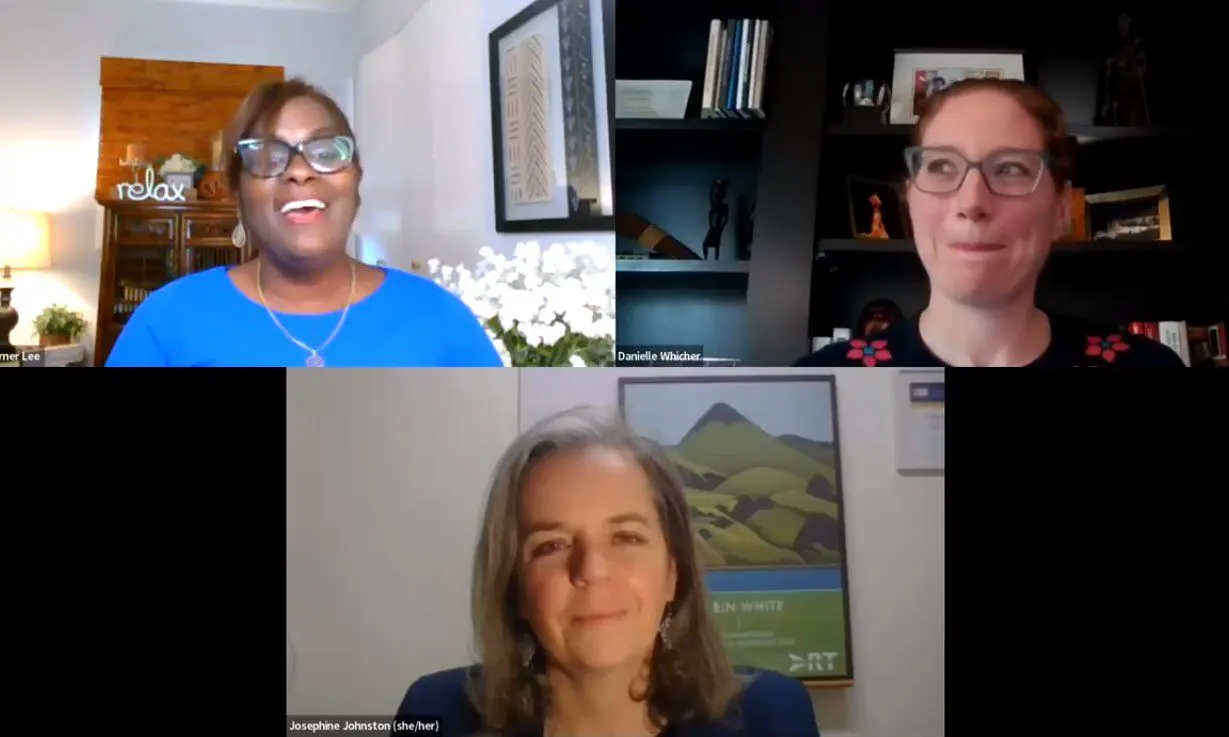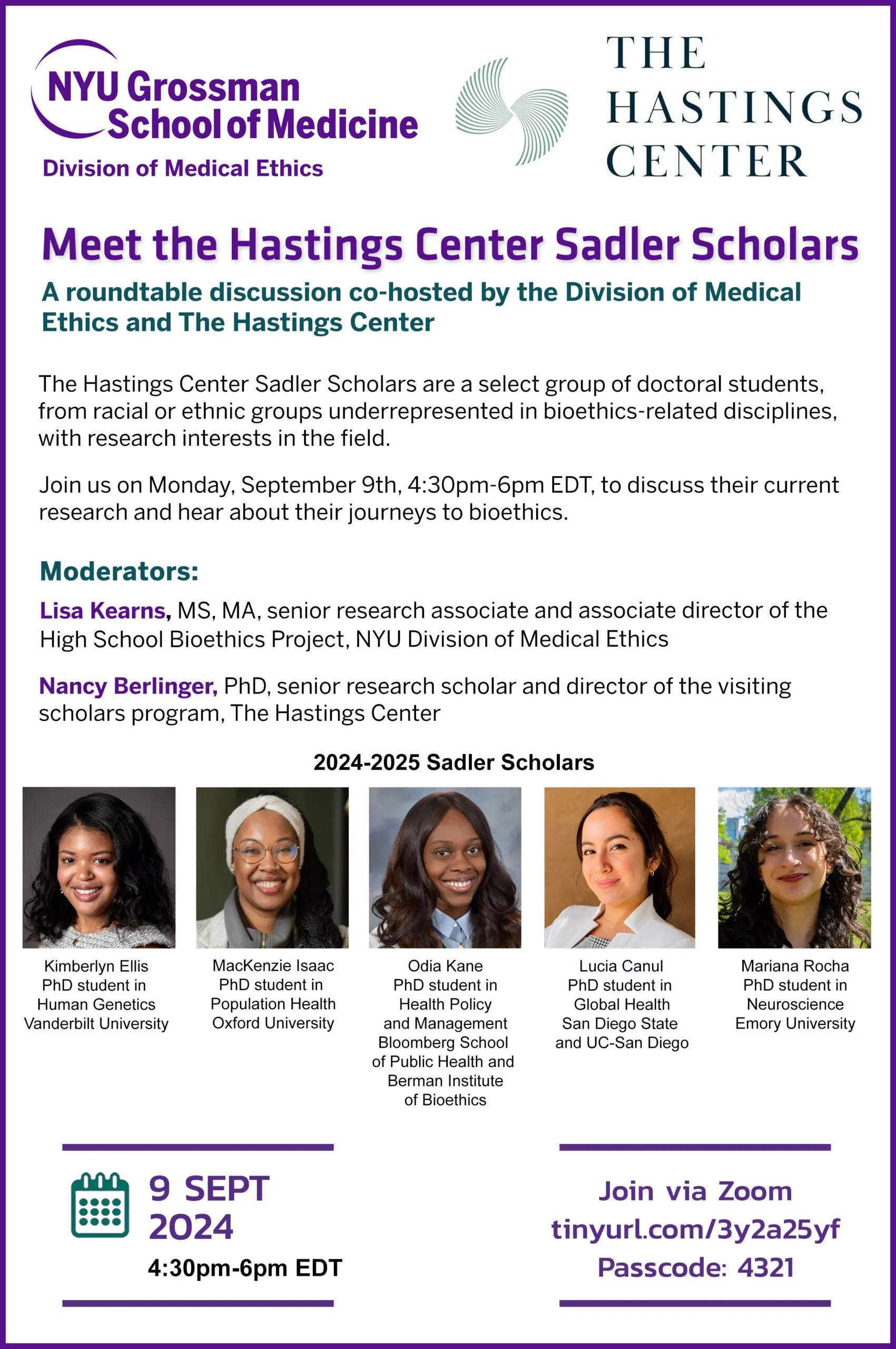Virtual Event
Should We Change “Chimeric” Human-Animal Research?
SPECIAL REPORT: Creating Chimeric Animals: Seeking Clarity on Ethics and Oversight Crossing species boundaries by inserting human cells into (nonhuman) animals for research purposes promises to yield enormous benefits, including better models of human disease and ultimately sources of tissues and organs suitable for transplantation into humans. Yet there are ethical questions about this type...
Indigenizing Genomics and Advancing Indigenous Data Sovereignty
OnlineIndigenous peoples have embodied genetic understanding within Indigenous knowledge systems long before encountering settler-science constructs.Join the discussion with panelists Phillip Wilcox, BForSci (Hons), PhD, and Krystal Tsosie, PhD, MPH, MA; moderated by Josephine Johnston, LLB, MBHL
Toward Navigating Danger and Promise Together–Editing the Human Genome
A frank look at the ethics of breakthrough genetic technologies TRANSCRIPT A just-concluded summit looked at the state of human genome editing, where the scandal of China's CRISPR babies was fresh in the minds of many. But attendees also heard of the exciting promise that gene editing therapy holds for sickle cell disease, a condition...
The Battle for Your Brain
At the intersection of neuroscience and artificial intelligence lies a wealth of opportunity for business, labor, and society at large. Yet along with progress comes a host of legal and ethical dilemmas. Watch Nita Farahany and Mildred Solomon consider what our neurological information is worth, and the implications of making it available to corporations, work places...
Should AI Care For Us?
Ethics, AI, and Society Increased attention to the widespread applications of artificial intelligence—and large language models such as ChatGPT in particular—has raised questions about the integration of AI into caregiving relationships. AI will allow at least the appearance of more effective caregiving for aging adults and children by tailoring conversations to an individual’s history and...
Can AI Improve Health Care for Everyone?
VirtualFast-moving developments in artificial intelligence have far-reaching implications for caregivers, patients, and the entire healthcare system. Will the introduction of AI systems improve diagnosis, treatment, and research, bringing better and fairer healthcare to all? Or not? Panelists:Dr. Nicol Turner Lee of The Brookings Institute Dr. Danielle Whicher of Mathematica Moderator:Josephine Johnston of The Hastings Center...
Valuing Older Adults by Creating Housing Options: Real-World Insights from Collaborative Research
Hastings Center senior research scholar Nancy Berlinger will present on a panel at the Oregon Gerontological Association 2023 Annual Virtual Conference, Home Sweet Home: Meanings and Options Across the Life Course.
What Ought to be the Future of Just and Equitable Policies for Healthy Aging?
NYU Division of Medical Ethics, NYU Grossman School of MediciHastings Center President Emerita Mildred Z. Solomon will join a panel discussion on the future of just and equitable policies for healthy aging with Professor Michael L. Freedman of NYU Grossman School of Medicine and Mehmood Khan, Chief Executive Officer, Hevolution. Arthur Caplan, head of the division of medical ethics at NYU Grossman will moderate the session...
Rebuilding Trust in Science
Since before the pandemic we have been experiencing a breakdown in trust in science and health care. Explore the reasons for this crisis, with authors of a just-released Hastings Center special report on trust, who show a path forward to heal our fractured society. Transcript Trust Event With panelists Arthur Caplan, PhD, NYU Grossman School of...
Constructing an Ethics Framework for AI in Biomedical Research
Hastings Center President Vardit Ravitsky will discuss "Constructing an Ethics Framework for AI in Biomedical Research,” or ethics at the intersection of artificial intelligence and health care, at the 2024 Rothenberg Speaker Series. The virtual event is sponsored by The Law & Health Care Program at the University of Maryland.
Meet the Hastings Center Sadler Scholars
A roundtable discussion co-hosted by the Division of Medical Ethics at NYU Grossman School of Medicine and The Hastings Center to introduce the Sadler Scholars, a select group of doctoral students, from racial or ethnic groups underrepresented in bioethics-related disciplines, with research interests in the field. Zoom Meeting ID: 956 7984 8524Zoom Passcode: 4321https://nyulangone.zoom.us/j/95679848524?pwd=BUb3BfLP3R0fbNd2jAIUbyjsKyQ6A6.1

